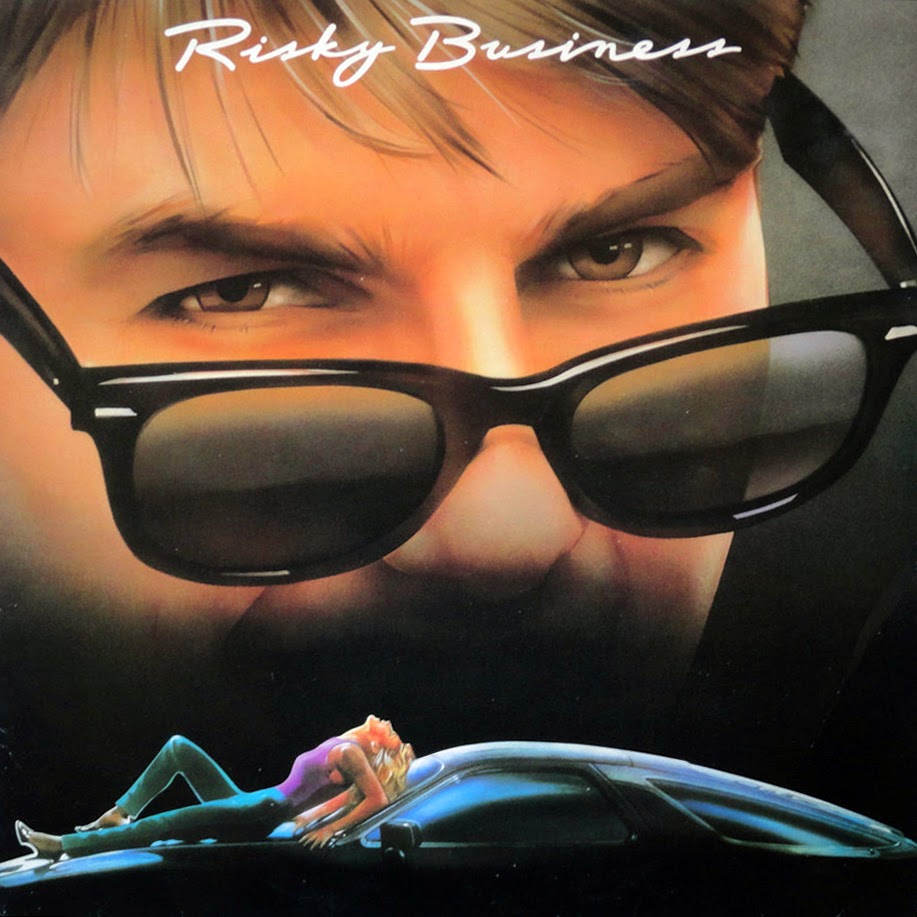My dad asked me a question recently:
“How do you know a great film is a great film?”
Damned if I knew. I can tell you that The Big Lebowski is the greatest comedy of all time, and that Legends of the Fall might objectively be the best film ever made. Millions of Citizen Kane fans just cried blasphemy, but don’t expect me to change my heretical views. That being said, these are strong opinions for a guy who can’t say what makes a film truly great.
Luckily my dad had an answer:
You know a film is a great film, because after viewing it, you walk out of the theatre, and the world looks different to you.
For my father, Gone with the Wind was that film. For me, the list is quite long. The world definitely looked different after Citizen Kane, so I’ll admit that it is a great film. But using this logic as a qualifier, there are a few titles that I put ahead of it: To Kill a Mockingbird, Paths of Glory, High Noon, Seven Samurai, Caddyshack, and even Animal House significantly affected both how I view the world, and how I view myself.
I can name dozens more of such influential films. But when it comes to films that made the world look different to me, Risky Business tops them all. In fact, it changed my life more than any other film, book, or play.
This should ring alarm bells in anyone who has seen Risky Business. After all, the plot revolves around Tom Cruise sinking his dad’s Porsche in Lake Michigan, turning his parent’s home into a brothel, using prostitutes to earn favors with the Princeton admissions committee, and banging one of said-prostitutes on Chicago’s L-train.
I know what you’re thinking: what is a learned man like Sam learning from such debauchery? How does such a film change a young man’s worldview more than Lawrence of Arabia or Shakespeare’s Henriad trilogy?
I’ll start with the following quote:
“Sometimes, you gotta say, ‘what the fuck,’ make your move…saying ‘what the fuck’ brings freedom. Freedom brings opportunity. Opportunity makes your future.”
At the beginning of Risky Business, an immature teenager says this to 18-year-old Joel Goodson (what a fitting last name), played by Tom Cruise. The plot sees Joel transform from a neurotic, self-conscious, risk-averse teenager into a hot-blooded, cold-hearted, winner-take-all entrepreneur. He says “what the fuck,” makes his move, and learns the joys of unregulated, free-market capitalism.
Watching this at the ripe age of 15 loosened many a gear in my brain. It may not be healthy to take advice from a film with so many vices, but this is America, and I get to choose my path to wisdom. Prior to seeing this film, I was incredibly neurotic and risk-averse. In fact, I still am. But with the words and images of Risky Business stewing in my brain, I started to say “what the fuck” from time to time, leading to many high-payoff risks.
The first big risk was my foray into theatre. I auditioned for a production of Footloose a few months after seeing the film. Despite having not sung a note in four years, and possessing the dancing prowess of a vacuum cleaner, I was optimistic. I ended up playing the part of Reverend Moore, as well as other great roles in the next few years. More importantly, I made some awesome friends and learned quite a bit about myself.
Another big risk I took was West Point. It was the only school to which I sent a completed application. That was a risky move, but I never looked back, and it turned out to be the greatest decision of my life. If I had to do it over again, I would do so without hesitation.
I wouldn’t be the person I am today if I hadn’t seen Risky Business years ago. Although my Catholic mother cringes at this fact, I feel no shame. It is by-far the most influential film I’ve ever seen. If you haven’t seen it, I highly recommend you do so.
Thanks for reading. Now get off the toilet.
Risky Business. Brickman, Paul. Warner Brothers, 1983.
